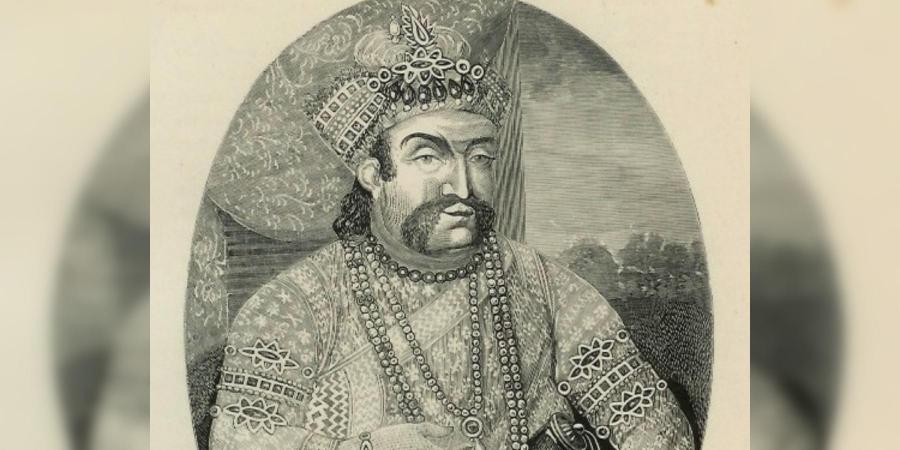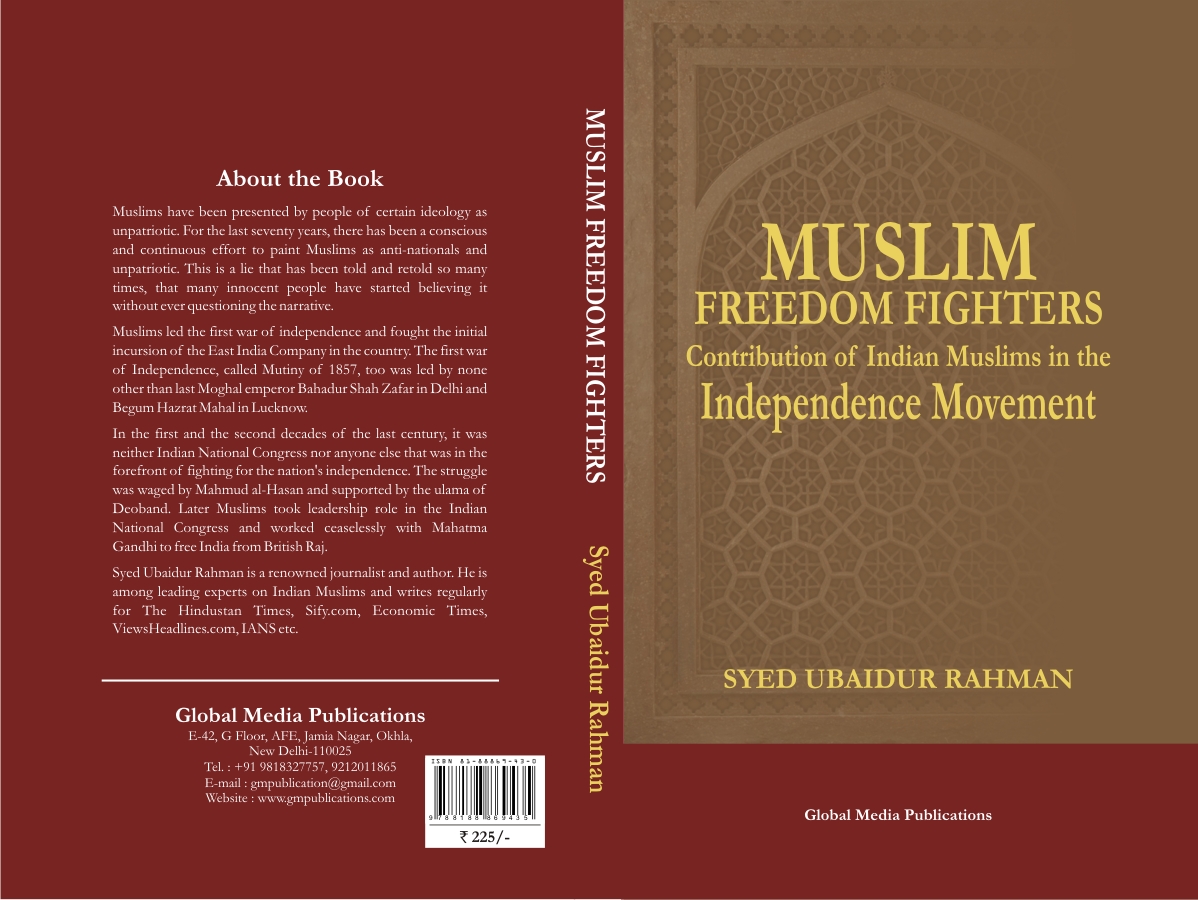Awadh, UTTAR PRADESH / Kolkata, WEST BENGAL :
The nawab, who was deposed by the British, came to plead his case with Governor General Lord Charles Canning, only to be imprisoned at Fort William.

Kolkata :
Some 165 years ago, in the month of May, Nawab Wajid Ali Shah — the last ruler of Awadh — is believed to have written the now-famous lament “Babul Mora Naihar Chooto Jai…Mein Chali Piya ke Des” (O father, my home I leave behind…I go to my beloved’s land), as he made his way to Kolkata to live the next 31 years of his life in exile.
The nawab, who was deposed by the British, came to plead his case with Governor General Lord Charles Canning, only to be imprisoned at Fort William as the East India Company feared that he may turn into a rallying point for sepoy mutineers during the first war of Indian Independence, which broke out the very next year.
After he was freed two year later, Wajid Ali and many from his court who chose to join him in exile decided to live in his ‘Piya ke Des, gifting a legacy of music, dance, Urdu poetry, fashion and fusion cuisine to the syncretic culture of the metropolis.
“My great, great, grandfather Wajid Ali Shah, who landed here by steamer on May 13, could have chosen to live anywhere after he was freed…but he chose this city. We believe he fell in love with its culture and found remnants of his beloved Lucknow in Metiabruz or Matiaburj where he chose to settle,” said Shahenshah Mirza, 54, a civil servant and a history buff.
The nawab, over the years, built some 18 palaces and the landmark Sibtainabad Imambara in Calcutta, but his descendants live scattered as the British demolished the palazzos on one pretext or the other.
Mirza and his father, 86-year-old Sahebzada Wasif Mirza – the president of the Awadh Royal Family Association — now live in a modest though stately old house at Talbagan Lane, off Dargah Road, in the heart of the eastern metropolis.
“Just 500 of his followers came with him in 1856, but as news spread that he was building a Lucknow-like city within a city, at Metiabruz in Calcutta, many of his nobles, artisans and musicians followed and flourished here,” said Mirza.
Though much of the original mini-city which Wajid Ali built was taken over for Garden Reach shipyards, Metiabruz still exists and is now famous as a garment tailoring hub — reportedly accounting for Rs 15,000 crore worth of textile trade a year — mainly on account of the skilled tailors who came here as part of the Nawab’s entourage.
Wajid Ali, who used the pen name “Akhtarpiya” for his poetry, prose and thumris, was a known patron of arts, and with the destruction of Mughal cities in the aftermath of the 1857 revolt, Kolkata subsequently became the new cultural capital, attracting talent from all over north India.
As time progressed, Bengal’s zamindars and rich ‘bhadraloks’ (gentlemen) enthusiastically developed a taste for the Nawab’s leisure activities ‘mujra’ (music and dance soirees), kite-flying and pigeon games (kabootar baazi). “Even today some 3,000 people are engaged in the business of making kites in this city,” explained Mirza.
The nawab introduced the citys elite to Thumri, Dhrupad and Kathak. “Singers and dancers of the calibre of Bindadin Maharaj, Piyari Sahab, Gauhar Jaan, Malka Jaan, Jauhar Jaan came to settle here…Kolkata opened up to Kathak and thumris,” said well-known Shantiniketan-based musicologist Rantideb Maitra.
This, in later years, influenced the film industry and the dance and music forms became part of the pan-Indian culture.
The song ‘Babul Mora’ itself was popularised by Kolkata-based music director Rai Chand Boral when he got Kundan Lal Saigal to sing it for the movie ‘Street Singer’ in 1938, nearly 80 years after it was written.
“Kathak, though it started as a temple dance, had taken a stylised form under the Mughal patronage. When brought to Kolkata by Wajid Ali, who himself often danced as Krishna, it blossomed into a popular classical dance form,” said Shyam Banerjee, another musicologist and Urdu translator.
However, if the average Kolkatan remembers the Awadh ruler with fondness, it is because of the gastronomic legacy he left behind.
Said Manzilat Fatima, another of Wajid Ali’s descendants from his junior begum, Hazrat Mahal — who led mutineers in Lucknow and eventually escaped to Nepal — “He (Wajid Ali) tried to recreate Lucknow but with a difference…(among other things) his kitchen became an experimental centre for new dishes.”
Fatima (53), who runs the up-market restaurant Manzilat’s explained that experiments led to the inclusion of potato — then a rich man’s exotic vegetable favoured by Europeans — and eggs to Awadh’s Biryani. “New spices, coconut milk, mustard oil, all went into the making of Awadhi dishes and the result was the unique dum-pukht Kokata Biryani, now so popular all over,” she said.
The Nawab also set up a printing press in Metiabruz and came out with a weekly gazette in Urdu, adding to the literary and journalistic tradition of the city, which boasts of being the cradle to some of India’s oldest newspapers.
“We feel he was more popular in the city he chose to make his own than in Lucknow…When the legendary filmmaker, Satyajit Ray, asked my father how he saw Wajid Ali’s legacy, he had explained that it lives on, as is evident from the fact that ‘you chose to make your first Hindi movie – Shatranj ke Khilari – on a novel based on the the Awadh ruler’s life’,” added Mirza.
source: http://www.newindianexpress.com / The New Indian Express / Home> Kolkata / by PTI / May 23rd, 2021









